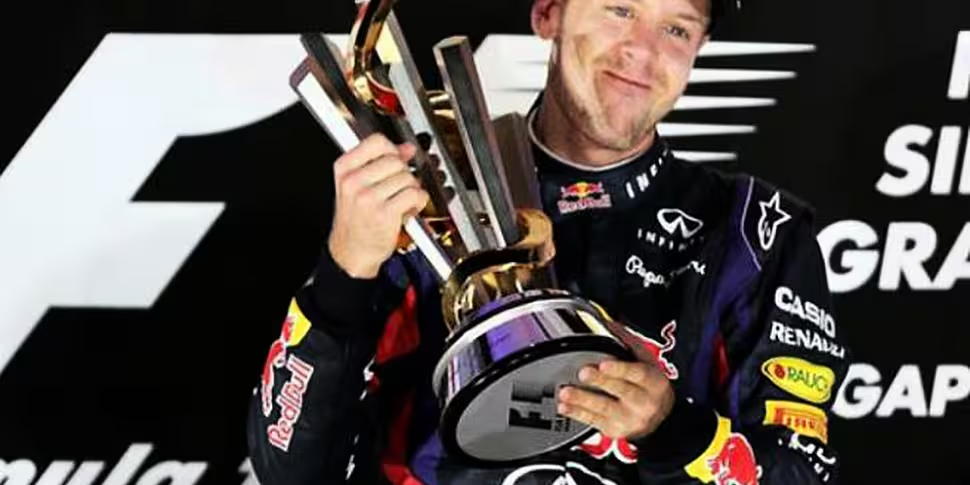At a number of Grand Prix this year, four-time World Champion Sebastian Vettel has been booed by fans when he has emerged onto the podium.
It is not that he has done much wrong this year. While some may blame him for the way in which he disobeyed team orders earlier in the season, his unpopularity with crowds has more to do with his almost total domination of the sport.
Do fans and viewers expect him to deliberately make things difficult for himself for entertainment purposes? Granted, he has had the tools and support available to put himself in with a chance of glory. But the German has taken those opportunities spectacularly, winning four World Championships by the age of 26. That is an unprecedented feat and booing him is totally out of order.
Certainly, he has to be considered a Formula 1 great. He has won as many Drivers’ Championships as Alain Prost and is closing in fast on Juan Manuel Fangio (5) and Michael Schumacher (7).

Alonso, Hamilton and Raikkonen have stood little chance in inferior cars
Arguably, the Red Bull driver’s peak is still to come and a betting man would put money on him breaking every single record in the sport’s history by the time he retires.
While he may be on the way to being a great, the term legend somehow does not fit despite his achievements.
It is all a question of perception. On one hand his success has seemed all too easy, and on the other hand he has had vastly superior equipment to his rivals.
Vettel may have the same number of championships as Fernando Alonso, Lewis Hamilton and Kimi Raikkonen put together but none of that trio are inferior drivers to the German. That can be stated emphatically.
Many would consider that trio to be on the same level as Vettel in the same machinery. The fact that neither have been able to challenge a clearly superior Red Bull is the reason why there is lustre missing from Vettel’s trophy cabinet. In short he is yet to go through of a hero’s journey.
Schumacher also dominated Formula 1 in similar fashion between 2000 and 2004. But he had been made to fight for success before that.
For example, anyone who watched races during Schumi’s career would remember commentators like Murray Walker often mentioning races such as Spa 1994 and 1995 (watch above with old-school F1 TV graphics). In the former, Schumacher finished 2nd despite being stuck in fifth gear for 40 laps, while the latter saw him win after qualifying 16th at a wet race. Those two performances are just two small examples of extra-ordinary showings during his F1 career.
Schumi also had to battle for many of his early championships with Damon Hill and Mika Hakkinen, in particular, pushing him hard. He also showed his credentials by taking the generally unimpressive 1996 Ferrari to an impressive third in the Drivers’ Championship.
Similarly, the likes Aryton Senna, Niki Lauda and Alain Prost had races and intense rivalries which helped to define their greatness in a way that Vettel has not had the opportunity to prove.
It is also unfortunate for Vettel that some of his greatest skills – namely interacting with the team and engineers around him – do not capture the imagination in the same way that wheel-to-wheel racing offers.
But every Formula 1 career shows peaks and troughs. Vettel will face his and how he responds will define his legacy.









